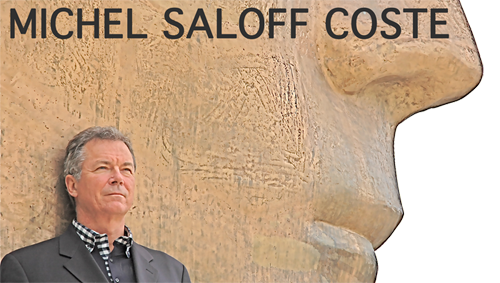Hail the maintainers : Capitalism excels at innovation but is failing at maintenance, and for most lives it is maintenance that matters more
by Lee Vinsel & Andrew Russell

Workers at the Blue Plains Waste Water Treatment Plant, Washington DC.Robert Madden/National Geographic Creative
Lee Vinsel is an assistant professor of science and technology studies at the Stevens Institute of Technology in Hoboken, New Jersey. He is working on the book Taming the American Idol: Cars, Risks, and Regulations.
Andrew Russell is associate professor and director of the program in science and technology studies at the Stevens Institute of Technology in Hoboken, New Jersey. He is the author of Open Standards and the Digital Age (2014) and co-editor of Ada's Legacy (2015).
Edited by Sam Haselb
Innovation is a dominant ideology of our era, embraced in America by Silicon Valley, Wall Street, and the Washington DC political elite. As the pursuit of innovation has inspired technologists and capitalists, it has also provoked critics who suspect that the peddlers of innovation radically overvalue innovation. What happens after innovation, they argue, is more important. Maintenance and repair, the building of infrastructures, the mundane labour that goes into sustaining functioning and efficient infrastructures, simply has more impact on people’s daily lives than the vast majority of technological innovations.
The fates of nations on opposing sides of the Iron Curtain illustrate good reasons that led to the rise of innovation as a buzzword and organising concept. Over the course of the 20th century, open societies that celebrated diversity, novelty, and progress performed better than closed societies that defended uniformity and order.
